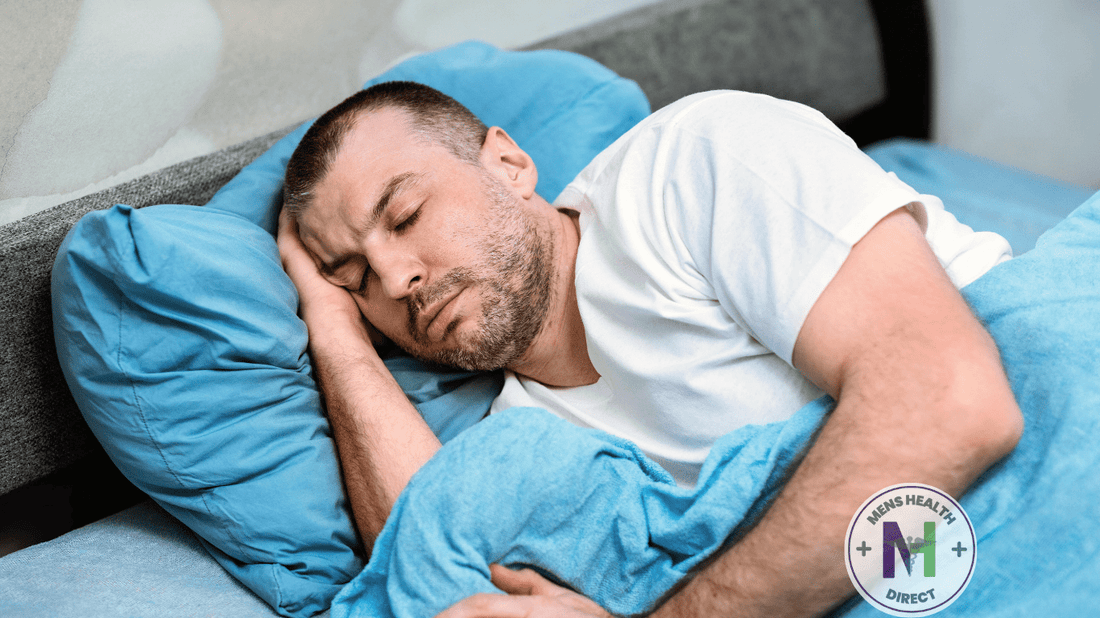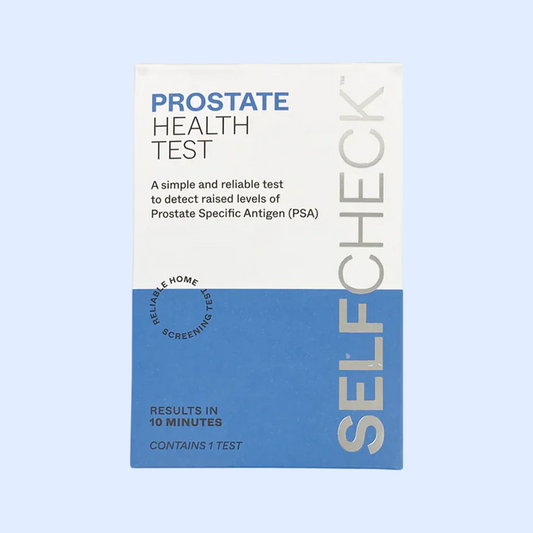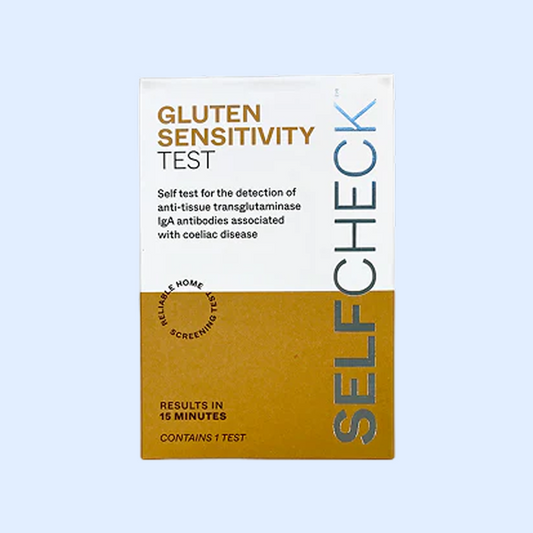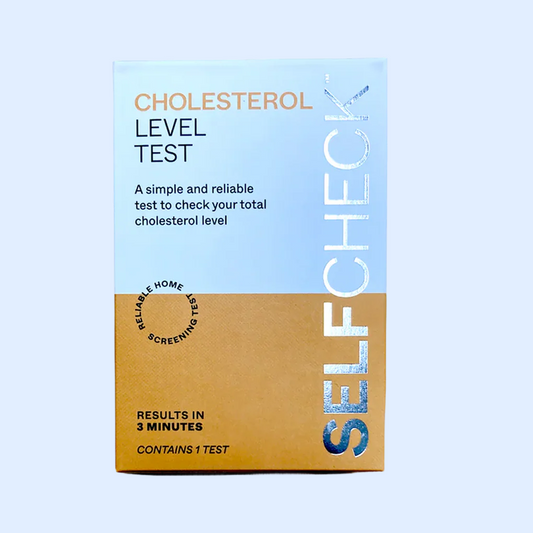
How Sleep Quality Affects Testosterone Levels: What Every Man Should Know
Did you know that just one week of poor sleep can lower your testosterone levels by up to 15%? A groundbreaking study published in the Journal of the American Medical Association (JAMA) found that healthy young men who slept less than five hours per night for one week experienced a significant drop in testosterone—equivalent to aging 10 to 15 years hormonally.
For men, testosterone is more than just a hormone; it's the driving force behind energy, muscle growth, mood, and sexual health. Yet, many overlook how sleep quality plays a crucial role in maintaining hormonal balance. While you might blame stress, diet, or age for low testosterone, the root cause could be something as simple—and fixable—as poor sleep.
In this article, we'll dive into how sleep quality impacts testosterone production, why prioritizing rest is essential for overall well-being, and how you can reclaim your vitality through better sleep habits. Whether you're feeling fatigued, noticing changes in mood, or struggling with performance, understanding this link could be the key to getting back on track.
The Science Behind Sleep and Testosterone Production
Testosterone production is closely tied to the body's circadian rhythm, which is essentially your internal clock that manages the sleep-wake cycle. This rhythm influences not just when you sleep but also when your body performs vital processes like hormone regulation. Here's how sleep and testosterone production are connected:
Peak Production During Sleep: The highest levels of testosterone are produced during REM sleep, which is the deep, restorative stage of sleep. This is when your body focuses on repairing tissues and balancing various hormones, including testosterone. The body needs sufficient rest in this phase for optimal testosterone production.
Sleep Deprivation Reduces Levels: If you're not getting enough sleep, particularly less than five hours per night, studies show you could experience a significant drop in testosterone, with reductions as much as 15%. This lack of sleep affects the body's ability to maintain healthy testosterone levels, and chronic sleep deprivation can worsen the issue, leading to a long-term negative impact on your overall hormone balance.
Interrupted Sleep Impacts Hormone Release: Conditions that disrupt sleep, such as sleep apnea, insomnia, or frequent waking during the night, can also interfere with your body's natural hormone cycle. These interruptions make it harder for your body to enter the deeper, more restorative sleep stages where testosterone production peaks. As a result, testosterone levels can decrease, affecting mood, energy, and physical health over time.
Getting quality sleep is essential not only for feeling rested but also for maintaining optimal testosterone levels, which play a key role in sexual function and the prevention of erectile dysfunction.
Signs of Low Testosterone Due to Poor Sleep
If your sleep quality is lacking, you might notice the following symptoms of low testosterone:
- Fatigue and Low Energy: Even after a full night's rest, you feel drained.
- Reduced Libido: Decreased sexual desire and performance issues.
- Mood Swings and Irritability: Testosterone affects mood regulation.
- Increased Body Fat and Muscle Loss: Lower testosterone can make it harder to maintain muscle mass.
- Cognitive Decline: Brain fog, lack of focus, and difficulty with memory retention.
- Poor Recovery After Exercise: Without sufficient testosterone, muscle recovery slows down.
These symptoms are often dismissed as signs of aging, but poor sleep is frequently the underlying cause.
How to Improve Sleep for Optimal Testosterone Levels
Thankfully, improving sleep quality can naturally support healthy testosterone production. Here's how to get started:
- Stick to a Sleep Schedule: Go to bed and wake up at the same time every day, even on weekends. Consistency helps regulate your circadian rhythm, ensuring optimal hormone production.
- Create a Sleep-Friendly Environment: Keep your room cool (around 65°F or 18°C), dark, and quiet. Blackout curtains and white noise machines can further improve sleep quality.
- Limit Screen Time: Blue light from phones and tablets can interfere with melatonin production, the hormone that helps you fall asleep. Aim to avoid screens at least an hour before bed.
- Manage Stress: Practice mindfulness, meditation, or deep breathing before bed. Chronic stress raises cortisol levels, which can suppress testosterone production.
- Exercise Regularly: Physical activity promotes better sleep and testosterone balance. However, avoid intense workouts right before bed, as they can be stimulating.
- Watch Your Diet: Avoid heavy meals, caffeine, and alcohol close to bedtime. These can disrupt sleep and hormone production.
- Prioritize Deep Sleep: Deep sleep and REM stages are where most testosterone production occurs. Tracking your sleep using wearable devices can help you identify patterns and make improvements.
Does More Sleep Always Mean Higher Testosterone?
While sleep quality is essential, more sleep doesn't always equal higher testosterone. The key lies in achieving deep, uninterrupted rest. Aim for 7 to 9 hours of quality sleep per night. Oversleeping (more than 10 hours) can sometimes lead to hormonal imbalances, just like sleep deprivation.
Researchers at the University of Chicago found that men who consistently got 7 to 8 hours of high-quality sleep had significantly higher testosterone levels than those who slept either less or more. It's about balance—not extremes.
The Impact of Sleep Disorders on Testosterone
Sleep disorders such as insomnia, sleep apnea, and restless leg syndrome can severely affect testosterone production.
- Sleep Apnea: This condition causes repeated interruptions in breathing during sleep, leading to frequent awakenings. Studies show that men with untreated sleep apnea often have significantly lower testosterone levels.
- Insomnia: Difficulty falling or staying asleep prevents the body from reaching deep sleep stages, reducing hormone production.
- Restless Leg Syndrome (RLS): This condition causes discomfort in the legs, disrupting sleep continuity.
If you suspect a sleep disorder, consult a healthcare provider for diagnosis and treatment. Addressing these conditions can restore healthy testosterone levels.
When to Seek Professional Help
If lifestyle changes don't improve your sleep or testosterone levels, it may be time to consult a healthcare professional. They can recommend hormone testing and sleep studies and suggest appropriate treatments.
Hormone replacement therapy (HRT) or testosterone boosters can be beneficial for some men, but they should only be used under medical supervision.
Conclusion: Sleep Your Way to Better Health
Prioritizing sleep isn't just about feeling rested—it's about supporting your body's natural testosterone production. With consistent, high-quality sleep, you can boost energy, mood, muscle health, and even sexual performance.
For those experiencing persistent issues, combining healthy sleep habits with proven solutions can make a difference. Explore trusted options for men's health at Men's Health Direct, where you can find supplements like Viagra Connect, Sidena, Cialis, and other ED supplement / products designed to support vitality and well-being.
Remember, better sleep leads to better health—and better testosterone.



